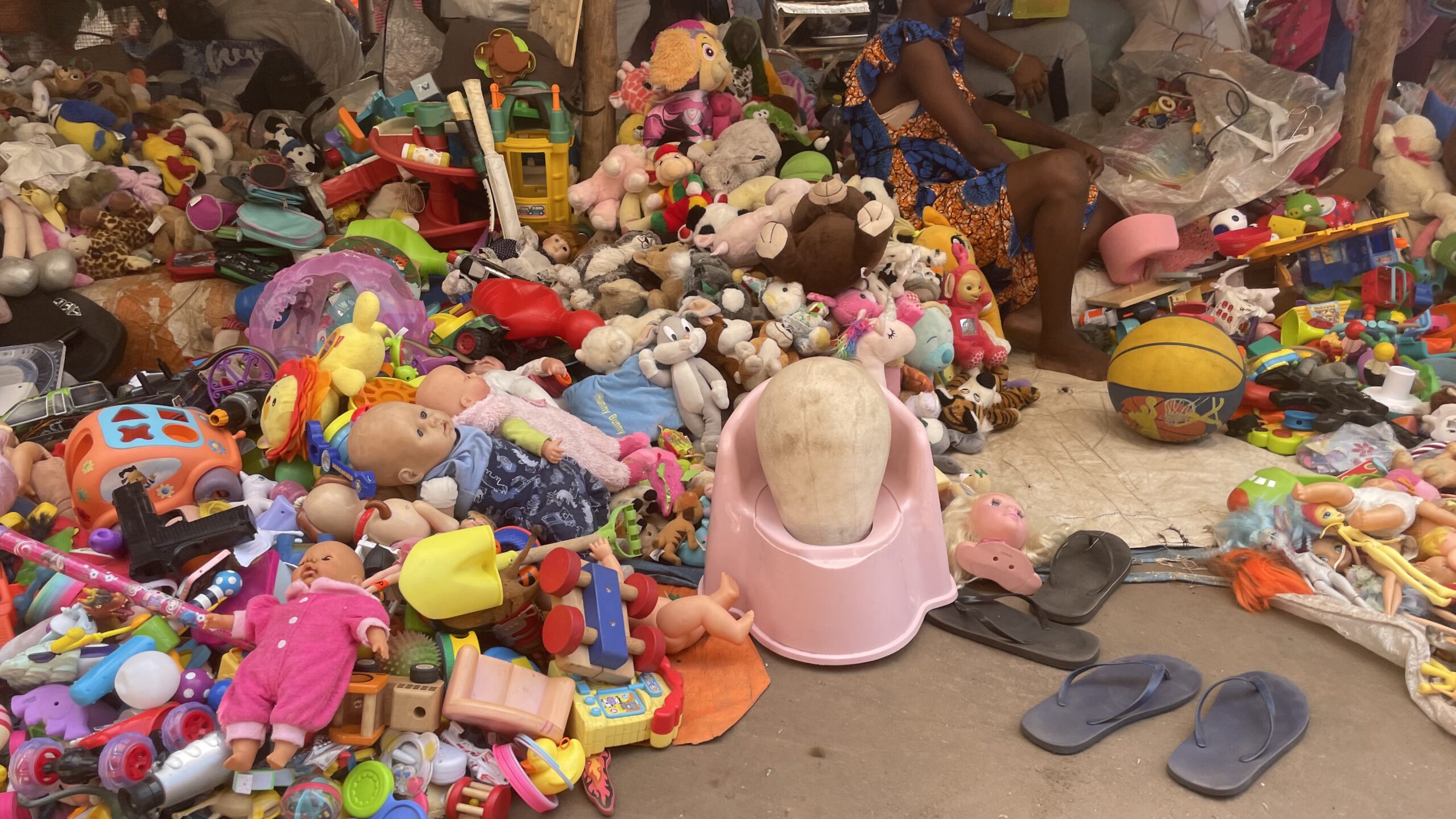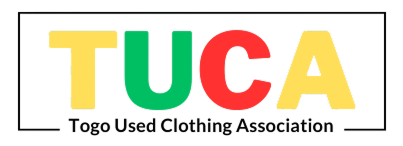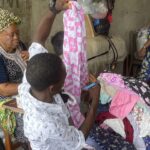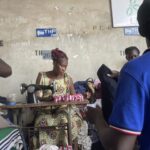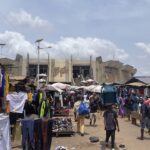Togo Used Clothing Asscociation.
We are leaders in second hand clothing business trade. We advocate for a sustainable enviornment and protect the interest of traders in Togo.
- Importation
- Wholesaling
- Retailing
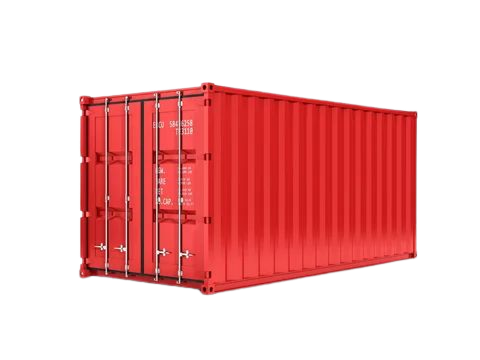
About TUCA
Representing over one million people across the second-hand clothing supply chain, from importers to wholesalers, retailers to seamstresses who sometimes reconstruct clothes for other uses, and to other beneficiaries of the industry.
TUCA (Togo Used Clothing Association) was established in 2007 to protect and promote the interest of its members and also to develop the trade in Togo.We play a vital role in advocating for fair and effective rules that support the growth of the industry.
By collaborating with government agencies, we help ensure regulations are enforced in a way that benefits both traders and consumers alike.Through these efforts, we’ve contributed to creating thousands of jobs, supporting families, and boosting local economies.
Our goal is to continue fostering a thriving, sustainable second-hand clothing sector, a sector and industry that empowers communities and provides affordable clothing to people across Togo.
PRESIDENT,
Dcn. NNAGO Ezenwata
Entreprenuer & Director of NNAGO SARL U
Dcn. NNAGO Ezenwata is the founder of TUCA (Togo Used Cloth Association ). He is the director of NNAGO SARL U, which was established in 2007 in response to a call from key industry stakeholders to address the pressing challenges of the time.
With over 35 years of experience in the used clothing industry, he began his journey in 1990 as a retailer, steadily expanding into international importation. Today, he sources high-quality second-hand clothing from Australia, Europe, China, and Malaysia, demonstrating extensive expertise and deep market knowledge.
His leadership and strategic vision have positioned NNAGO SARL U as a key player in the sector, fostering growth and innovation in the ever-evolving used clothing trade.

Other Second-Hand Items
In addition to clothing, the second-hand market includes a variety of other essential items — from shoes, bags, and household textiles to accessories and even small household goods. These items follow a similar journey, imported, resold, and repurposed, offering affordable alternatives while reducing waste and supporting local businesses.

Shoes
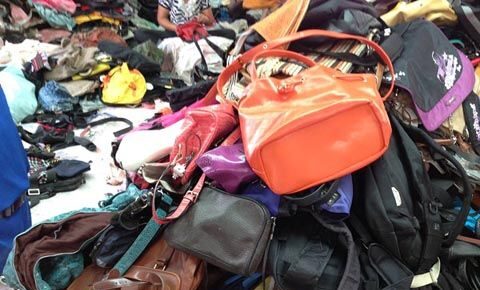
Bags
